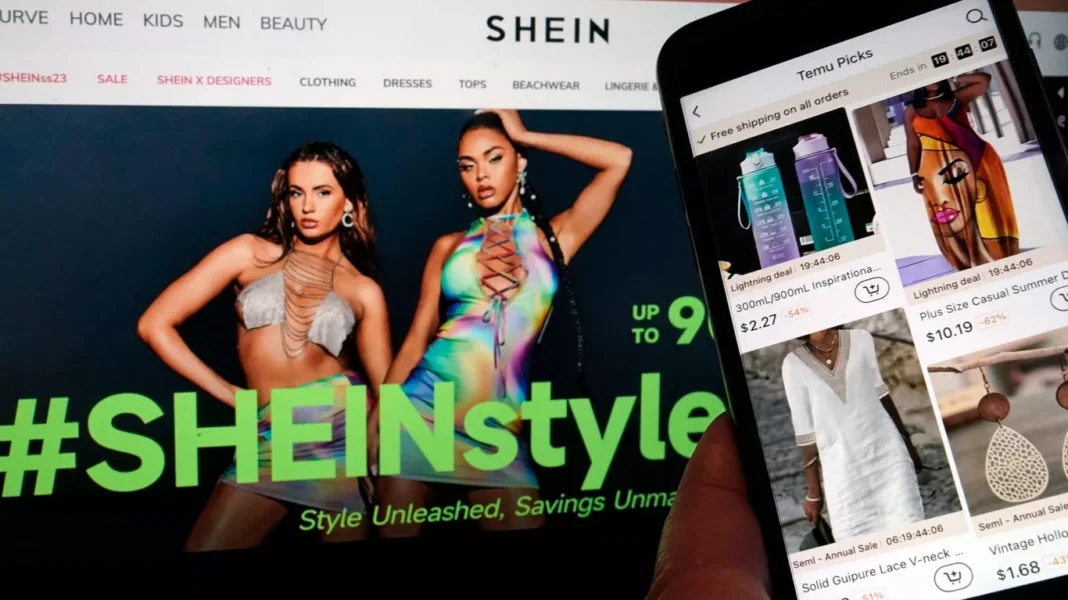Through analysing products listed as being on sale on Shein’s French website, investigators found that 57% of products had no price reduction, 19% had a slight discount, while 11% of products actually had a price increase.
France handed fast-fashion giant Shein a €40 million fine on Thursday, following a year-long investigation that found the online retailer guilty of “deceptive commercial practices”.
France’s Directorate for Competition, Consumer Affairs and Fraud Prevention (DGCCRF) — the regulator in charge of French consumer law — revealed that Shein had misled its customers on price reductions, as well as on the scope of its “commitments concerning environmental claims”.
In its statement, the DGCCRF confirmed that Shein — a China-based company owned by Infinite Styles Ecommerce Limited (IELS) — had accepted the fine.
The blow comes two months after the European Commission found Shein guilty of engaging in illegal commercial practices under EU law in May, following a coordinated investigation with national consumer protection authorities.
Through analysing products listed as on sale on Shein’s French website from October 2022 to August 2023, investigators found that 57% of products had no price reduction, 19% had a slight discount, while 11% of products actually had a price increase.
“These practices, with their profusion of crossed-out prices and permanent promotions, give consumers the impression that they are getting a very good deal”, stated the Directorate for Competition, Consumer Affairs and Fraud Prevention.
Under French regulation, the reference price for discounted goods is a product’s lowest price during the 30 days which precede the start of a sale.
On top of misleading customers, the French anti-fraud and competition agency found that Shein was “unable to justify the environmental claims made on its website”, describing itself as a “responsible company” which limits its environmental impact by “reducing greenhouse gas emissions by 25%.”
French authorities determined that these statements contradict the firm’s business model, which is “based on an abundant supply of textiles at low prices.”
In 2020, fast fashion was estimated to account for 8-10% of global CO2 emissions.
Although Shein may have been hit with a heavy fine, in recent years the company has become somewhat accustomed to public scrutiny.
In January, British politicians were outraged when the online retailer refused to provide assurances that its products did not include cotton produced in the Xinjiang region of China, which has been linked to forced Uyghur labour.
Meanwhile, an investigation published in 2024 by Swiss advocacy group Public Eye found that some workers at Shein factories were still working 75-hour weeks, despite the company’s promises to improve conditions for employees. -euronews



